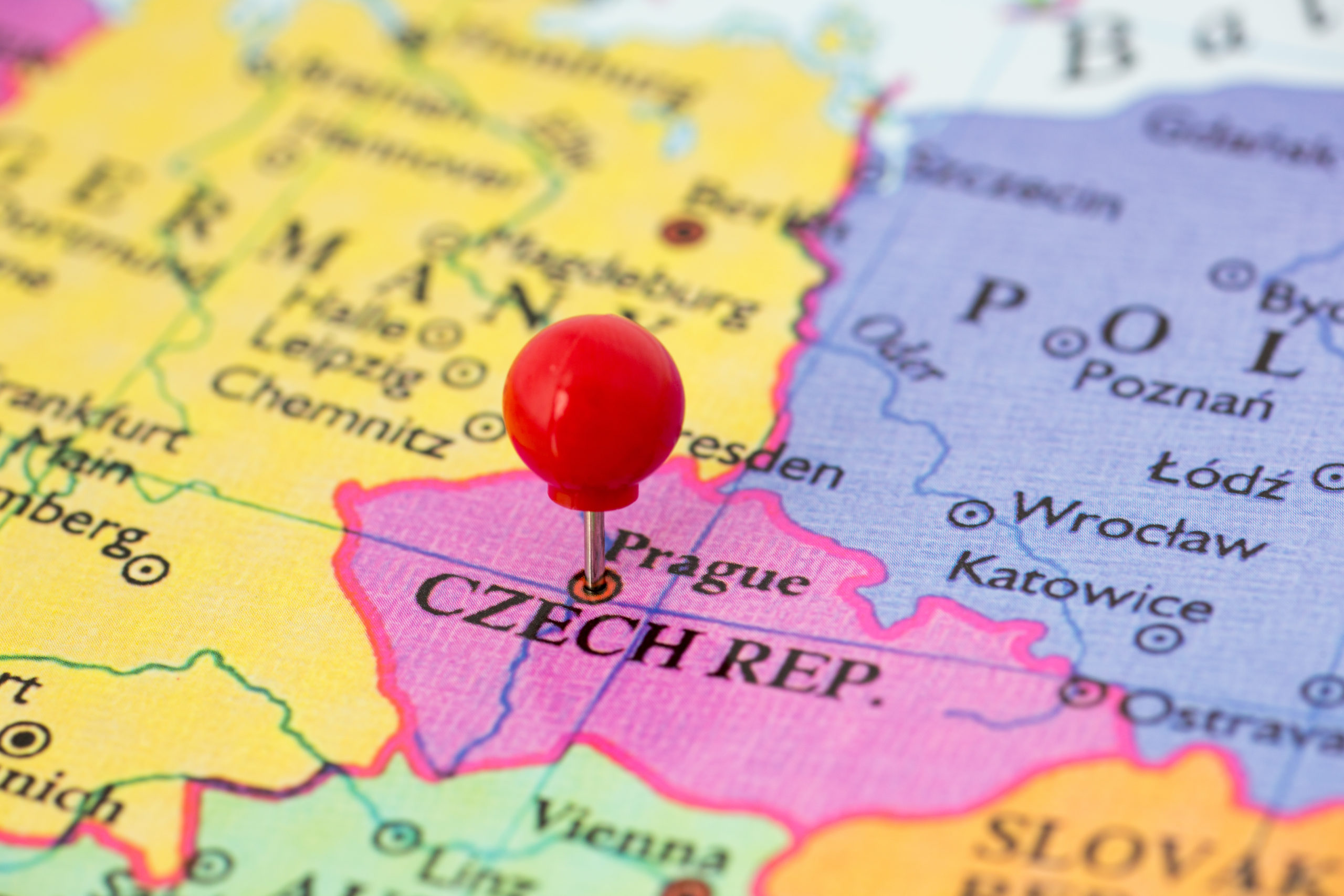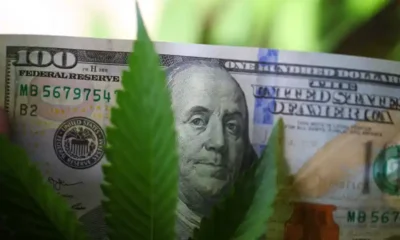Connect with us
Published
3 years agoon

The Czech Parliament’s industrial hemp could soon, legally, contain far more psychoactive cannabinoids than what the law previously allowed. According to a report from Expats CZ, the Parliament approved a tetrahydrocannabinol (THC) limit, triple the amount than what was previously allowed, a move that would also make it easier for entrepreneurs to obtain licenses for growing medical cannabis and to produce medical aids with THC. While it was approved, the amendment still must be signed into law.
Industrial hemp is used around the world, part of the cannabis plant that is used to make products like cloth, biofuel and animal feed, and it is also beneficial for certain medical preparations. Most governmental entities establish THC limits on industrial hemp so it cannot be misused for unintended purposes, like experiencing a psychoactive high.
The Chamber of Deputies, the lower house of the Czech Parliament, was responsible for the approval, which aims to improve the availability of medical cannabis and to enable electronic prescriptions. The Chamber also rejected a Senate proposal to maintain the current level of THC allowed for industrial hemp.
The Chamber additionally rejected the Senate’s tougher requirements that would have required medicinal growers to have a certificate of good manufacturing practice for medical substances under the Medicines Act, issued by SÚKL, the Czech State Institute for Drug control. The lower house version says that a declaration of compliance with the conditions of good cultivation practice are, instead, sufficient.
Now that the amendment has been approved by the lower house, the original version of the bill will go to President Miloš Zeman for his signature and final approval. Following his pending approval, the new law will take effect January 1, 2022, effectively allowing industrial hemp to have up to one percent THC content.
Some senators argued that allowing the THC cap to triple would violate the international drug convention and affect criminal law surrounding the possession of classified substances, but the lower house disagreed.
One of the main supporters of the amendment in the lower house was the Czech Pirate party. Pirate Deputy Tomáš Vymazal supported the proposal and stated on the party website, “This is a package of pragmatic measures, free from dogmatism and stereotyping, which are unfortunately still fundamental obstacles for Czech policy in the field of addictive behavior.”
Vymazal said that growers would not need to worry about criminalization should weather or other growing conditions affect the crop, because the THC level in the final product cannot be predicted in advance.
His statement on the site continues in reference to local farmers concerned over the amendment and potentially violating the law, “Farmers growing varieties of industrial hemp from the common European catalog will not have to prove the THC content of hemp plants—they will only submit a certificate of origin.”
The amendment draft sent to President Zeman also notes that hemp extracts and tinctures containing up to the new one percent THC limit would not be regarded as an addictive substance. Vymazal says that these cannabis extracts within the limit do not have narcotic effects, therefore they would be exempt from the Czech substance abuse regime. This is where the amendment does work to offer the medicinal benefits of cannabis, without overtly violating other, current laws.
“For example, an ointment made from a non-narcotic variety of cannabis will no longer be an addictive substance, although it contains THC and although the original cannabis plant may have exceeded one percent THC. Due to the dilution of the active substances during the production of the ointment, an extract is created, which will not be an addictive substance in the sense of the law,” Vymazal added.
Private entities would be able to grow cannabis plants for medicinal use, produce medicinal substances from the plants and distribute them under the same conditions as any other controlled substance under the new, amended law.
The changes could also increase competition and reduce the price of cannabis-derived medicinal products, which are already 90 percent covered by public health insurance. In addition, the increase in suppliers would allow a wider range of medical cannabis, with different dosage levels, in order to treat a variety of patients and ailments.
Czech law has allowed prescription medical cannabis since 2013, but the amendment works in accordance with newer Czech trends: A January report shows, in 2020, patients were given a total of 66.8 kilograms of medical cannabis, and in 2019, that figure was just 17 kilograms.


You Don’t Understand the Difference Between Decriminalizing and Legalizing, Do You?


North Dakota Committee Files Ballot Measure To Legalize Adult-Use Cannabis


California County Mulls Reduction To Cannabis Cultivation Tax


Cheech and Chong Become Newest Operators in Call of Duty


Manage Your Munchies: This Year’s Top 420 Meal Deals


New York Cannabis Control Board Approves 101 New Adult-Use Licenses
